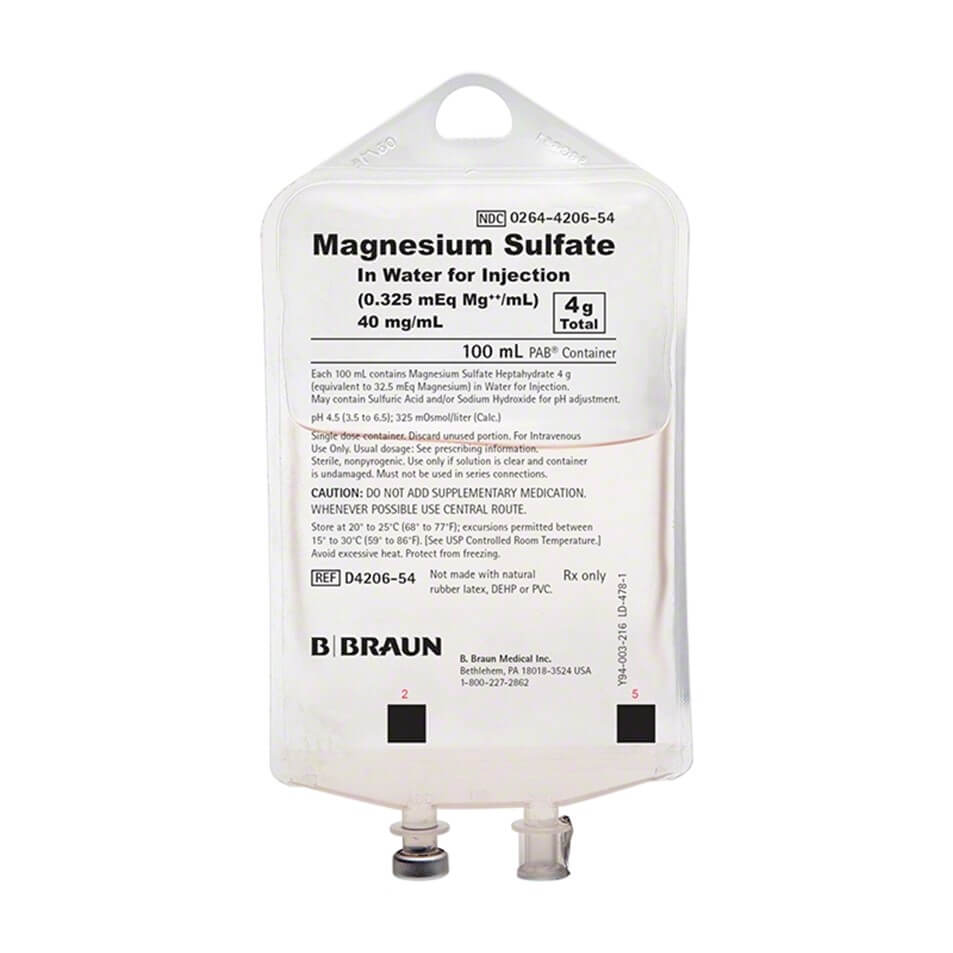A nurse is teaching a client who has gestational hypertension about the importance of bed rest.
Which of the following statements by the client indicates an understanding of the teaching?
“Bed rest will help lower my blood pressure and reduce the risk of complications.”
“Bed rest will help increase the blood flow to my kidneys and prevent proteinuria.”
“Bed rest will help increase the blood flow to my kidneys and prevent proteinuria.”
“Bed rest will help increase the blood flow to my kidneys and prevent proteinuria.”
The Correct Answer is C
The correct answer is choice C. “Bed rest will help decrease the workload on my heart and improve oxygen delivery to my baby.” This is because gestational hypertension is a condition where the blood pressure is elevated after 20 weeks of pregnancy, which can affect the blood flow to the placenta and reduce the oxygen and nutrients that reach the fetus. Bed rest can help lower the blood pressure and increase the blood flow to the placenta.
Choice A is wrong because bed rest alone may not be enough to lower the blood pressure and reduce the risk of complications. Some women may need medications or hospitalization to control their blood pressure and prevent preeclampsia, a serious complication of gestational hypertension.
Choice B is wrong because bed rest does not directly affect the kidney function or prevent proteinuria, which is the presence of protein in the urine. Proteinuria is a sign of preeclampsia, not gestational hypertension.
Bed rest may help prevent the progression of gestational hypertension to preeclampsia, but it does not treat proteinuria.
Choice D is wrong because bed rest does not prevent fluid retention or reduce the swelling in the legs.
Fluid retention and swelling are common symptoms of pregnancy, not specific to gestational hypertension. They are caused by hormonal changes and increased blood volume, not by high blood pressure.
Bed rest may worsen the swelling by reducing the circulation in the legs.
Nursing Test Bank
Naxlex Comprehensive Predictor Exams
Related Questions
Correct Answer is ["A","C","D"]
Explanation
Choice A is correct because magnesium sulfate is excreted in the urine and a decreased urine output places the client at risk for magnesium toxicity.The nurse should monitor the client’s urine output hourly and report any decrease to the provider.
Choice B is wrong because hyperactive (3+ or 4+) deep tendon reflexes are a common physical finding of preeclampsia or eclampsia and do not require an action.The nurse should check the client’s deep tendon reflexes more frequently than every 4 hours to detect any signs of magnesium toxicity, such as absent or hypoactive reflexes.
Choice C is correct because calcium gluconate is the antidote for magnesium toxicity and should be readily available in case of respiratory depression, cardiac arrest, or other signs of overdose.The nurse should administer 10 mL of 10% calcium gluconate IV push over 3 to 5 minutes if needed.
Choice D is correct because magnesium sulfate should be administered via a piggyback infusion using an infusion pump to ensure accurate and safe delivery.The nurse should not administer magnesium sulfate as a bolus or through a primary IV line.
Choice E is wrong because the infusion rate of magnesium sulfate should not be titrated according to the client’s blood pressure, but according to the client’s serum magnesium level, which should range from 4 to 7 mEq/L.The nurse should notify the provider of any low or high serum magnesium level and adjust the infusion rate accordingly.The nurse should also administer antihypertensive medications other than magnesium for sustained hypertension.
Normal ranges:
• Urine output: at least 30 mL/hour
• Deep tendon reflexes: 1+ or 2+
• Respiratory rate: 12 to 20 breaths/minute
• Serum magnesium level: 4 to 7 mEq/L
• Blood pressure: less than 140/90 mm Hg

Correct Answer is ["A","B","C","E"]
Explanation
The correct answer is choice A, B, C and E.These are all possible symptoms of preeclampsia, a condition that can occur in the second half of pregnancy and cause high blood pressure, proteinuria and organ damage.
Preeclampsia can be dangerous for both the mother and the baby if not treated promptly.
Choice D is wrong because polyuria (increased urination) is not a symptom of preeclampsia.In fact, some women with preeclampsia may have reduced urine output due to kidney damage.
Normal ranges for blood pressure during pregnancy are below 140/90 mmHg.Normal ranges for protein in urine are below 300 mg per 24 hours.Normal ranges for reflexes are 1+ to 2+ on a scale of 0 to 4.
Whether you are a student looking to ace your exams or a practicing nurse seeking to enhance your expertise , our nursing education contents will empower you with the confidence and competence to make a difference in the lives of patients and become a respected leader in the healthcare field.
Visit Naxlex, invest in your future and unlock endless possibilities with our unparalleled nursing education contents today
Report Wrong Answer on the Current Question
Do you disagree with the answer? If yes, what is your expected answer? Explain.
Kindly be descriptive with the issue you are facing.
